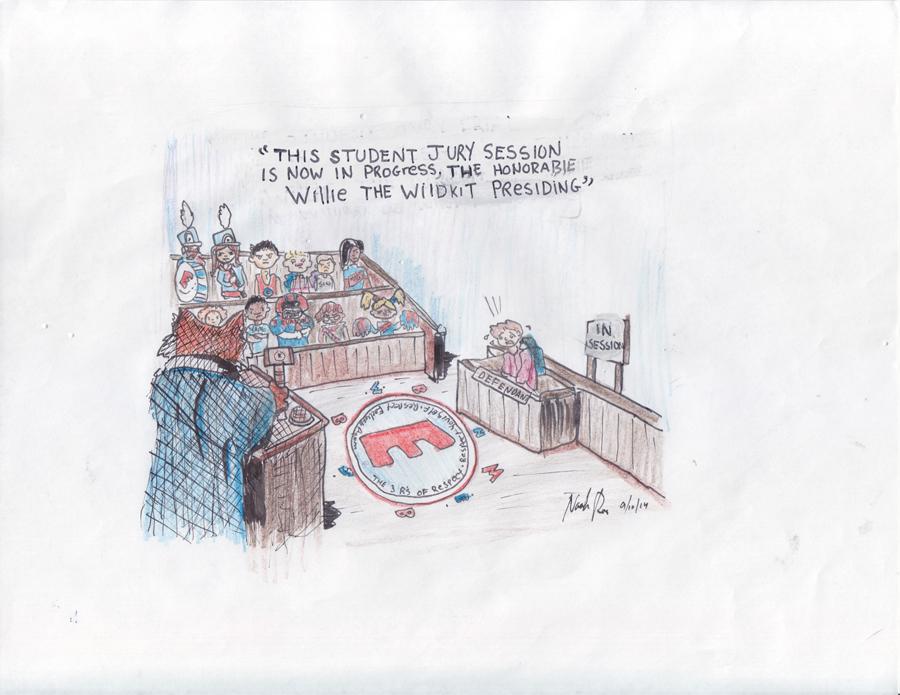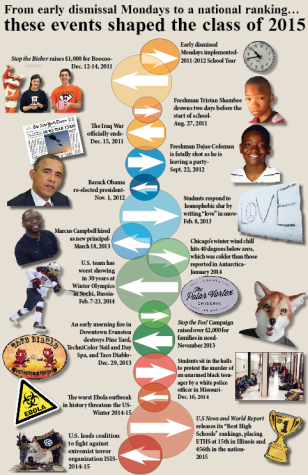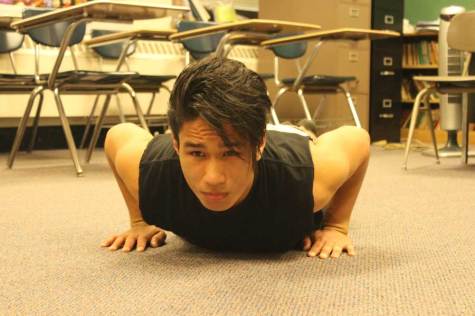Suspension rates shatter as Peer Jury popularity increases
Don’t ever choose suspension again. The increasingly popular Peer Jury option that focuses on relationships rather than punishment helps students avoid missing school.
“Students hate the idea of getting suspended,” says Peer Jury sponsor Sarah Sweet. “Everyone knows that in-school suspension is the most boring thing because you sit there in silence, and out of school suspension probably stinks just as much. It also really gets kids far behind in classes, and it’s hard to catch up.”
Every year Peer Jury cases are held at lunchtimes in E108, and an overwhelming number turn out to be successful. According to recent statistics, only 10 students out of 84 failed to complete their Peer Jury assignments. 100 suspension days were averted, meaning 100 fewer days of missed classes. Because of this success, Peer Jury now meets five days a week.
“We try to create a safe, relaxed environment so the students don’t feel victimized. Basically we talk the situation over and try to come up with a solution that could repair the harm that was done,” says junior Andrea Glaser, who was one out of 50 student jurors last year. Peer Jury forces students and/or teachers to work out their issues with different assignments rather than just avoiding them for a day or two while they are suspended.
“The situations vary from forgery to fights and everything in between,” states Glaser. “Assignments are varied by case but can vary from self-reflection to a confrontation.” All students involved must agree to the assignment, but if they do agree and complete their task, they are offered a spot on the jury. This combination will hopefully prevent them from getting into more trouble.
When a student and a teacher get into an argument in class, “it might involve one-on-one AM Support in the morning or going to meet with the teacher once or twice a week for a few weeks to help them,” says Sweet.
According to IllinoisAttorneyGeneral.gov, the Peer Jury program was developed in 1995 by Alternatives, Inc., a youth and family services agency in Chicago. Only 10 years later ETHS introduced the program to students, and its popularity has been steadily rising since.
Your donation will support the student journalists of the Evanstonian. We are planning a big trip to the Journalism Educators Association conference in Nashville in November 2025, and any support will go towards making that trip a reality. Contributions will appear as a charge from SNOSite. Donations are NOT tax-deductible.







